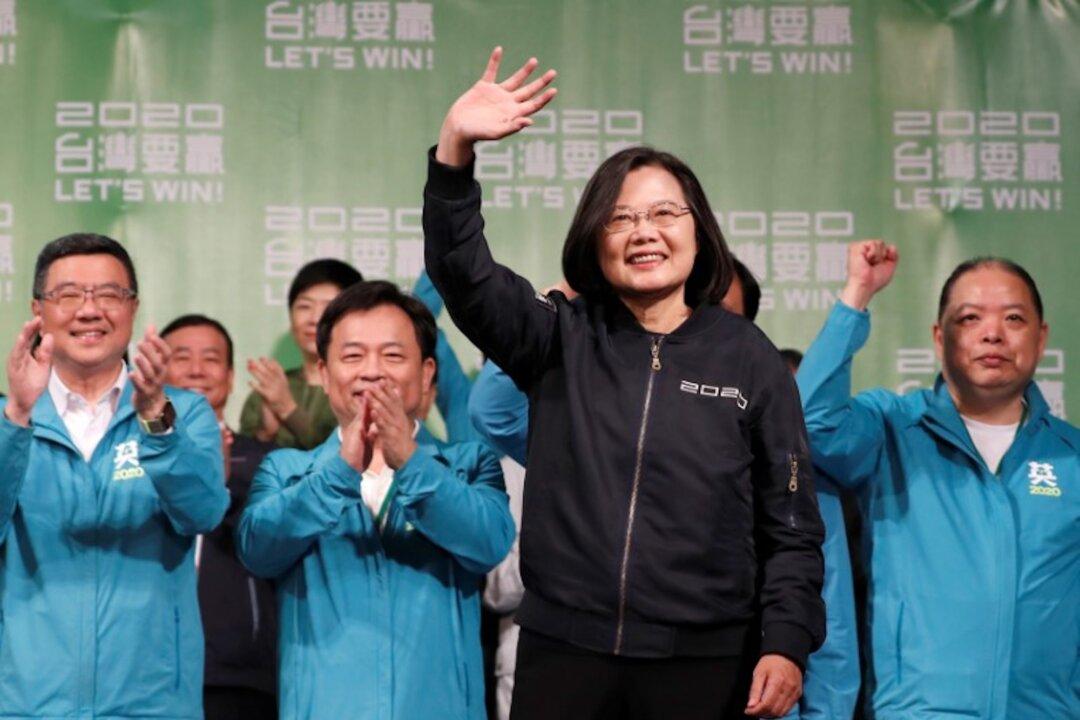TAIPEI—Taiwan President Tsai Ing-wen has written to Pope Francis to complain about Chinese pressure on the island Beijing claims as its own, saying China seeks to threaten its democracy and freedom.
The Vatican is one of just 15 countries that has diplomatic ties with Taiwan and the only one in Europe. But Taiwan has been concerned by the Vatican’s moves to normalize ties with China, especially after a landmark 2018 pact on appointing bishops.





